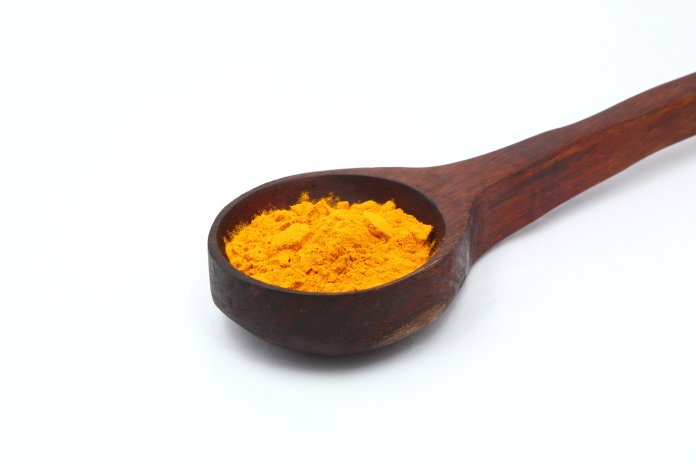Many of us are big fans of turmeric. It often seems to add the perfect “little something” to recipes — especially those curry dishes so many of us love. But what you may not be aware of is that curcumin, one of the major components of turmeric, has a number of health-promoting effects, especially when it comes to inflammation.
Inflammatory conditions
Due to its anti-inflammatory properties, curcumin is frequently used to treat the symptoms of conditions like arthritis, osteoarthritis, tendonitis, and some autoimmune conditions. Some health professionals believe it is more effective when addressing inflammatory conditions to use whole turmeric supplements than it is to take isolated curcumin.
In terms of autoimmune conditions, it is believed that curcumin might have an immunoregulatory effect that actually helps to address the underlying causes, not just the symptoms.
Digestive health
We seem to be hearing a lot these days about irritable bowel syndrome. IBS entails inflammation of the GI tract, and curcumin can help to suppress that inflammation.
Bloodshot eyes
Red, swollen eyes are often a sign of inflammation. While inflammation is one of the body’s natural reactions to irritants or other concerns, it can essentially run wild, and that’s where the trouble starts. When your eyes become irritated or dry, inflammation steps up to try to heal them. But too much inflammation can cause more discomfort.
That’s where curcumin can help. While there is not significant research on this particular benefit, it is believed that curcumin may be helpful in the treatment of irritated eyes, in the same way that it is helpful with other inflammatory conditions.
Heart health
A 2012 study examined the capacity of curcumin to ward off heart attacks among bypass patients. It compared the results of bypass patients who took curcumin to those who did not. During their hospital stays after their surgeries, 30 percent of those who did not take curcumin experienced heart attacks, compared to only 13 percent of those who took it.
In addition to its anti-inflammatory benefits, curcumin is believed to have antioxidant effects. In lab tests, it appears to inhibit the formation of certain kinds of tumors. One study demonstrated that curcumin could in some cases help to stabilize colorectal cancer that had not responded to other treatments.
There are a few facts that you should keep in mind, however. Curcumin is not always well absorbed. So to receive the greatest benefit, try taking it with black pepper or piperine, a component of black pepper — some believe this can help with absorption.
— Dr. Joshua Levitt



